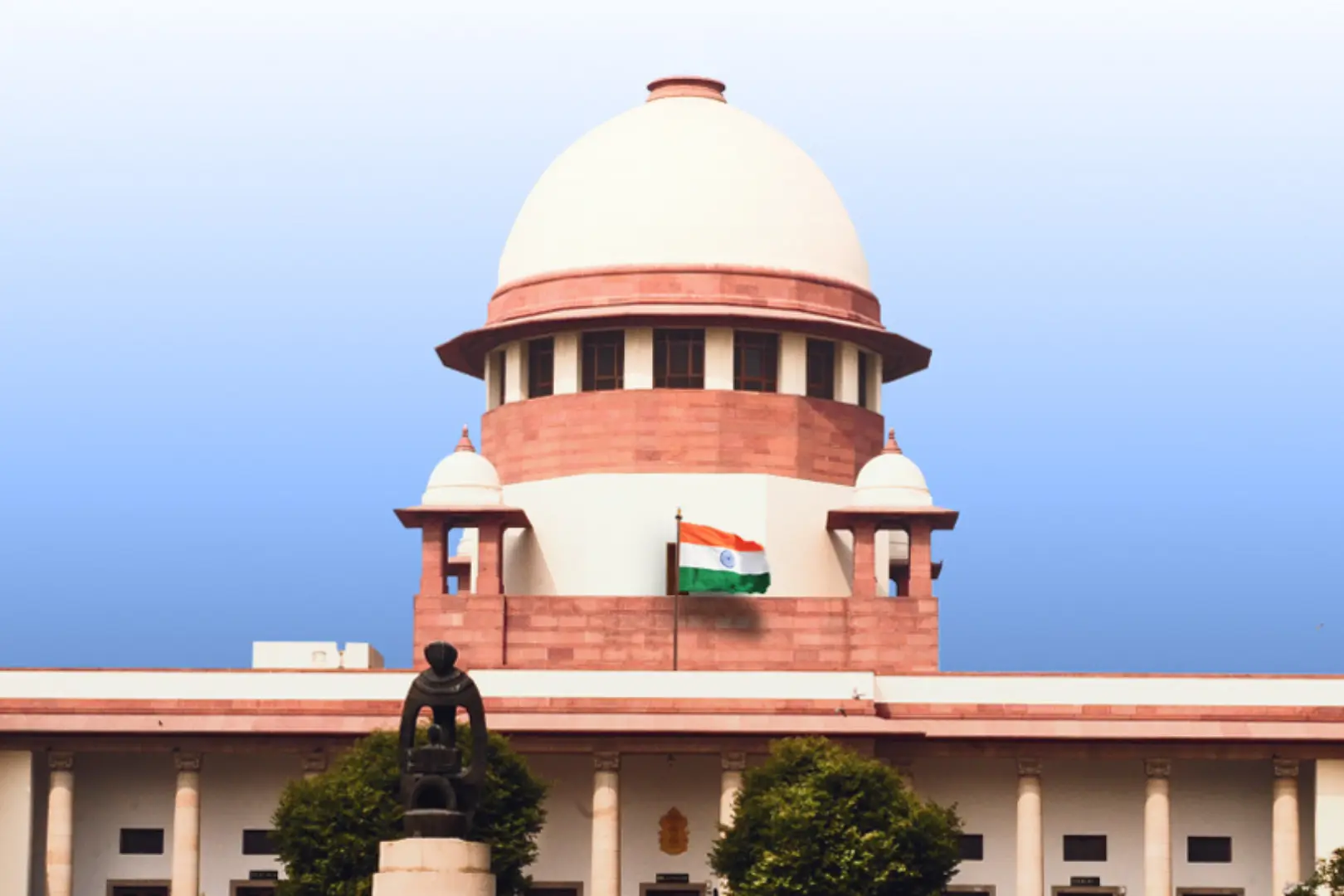05-Oct-2024, 11:13 AM
In a significant legal development, the Supreme Court of India has rejected review petitions seeking to overturn its previous ruling that empowers states to impose taxes on mineral rights. This decision, delivered on October 4, 2024, affirms the court’s earlier judgment from July 25, which was made by a nine-judge bench in an 8:1 majority.
Background of the Ruling
The Supreme Court’s July ruling clarified that states possess the authority to levy taxes and collect royalties on mineral-bearing lands, a power that had previously been a contentious issue between state and central governments. The court determined that royalties paid by mining operators are not classified as taxes under the Mines and Minerals (Development and Regulation) Act of 1957, but rather as contractual payments. This ruling granted states the legislative competence to impose additional taxes on top of these royalties, significantly benefiting mineral-rich states such as Jharkhand, Karnataka, and Odisha.
Review Petitions Dismissed
The review petitions were filed by the Central Government and several other parties, including the state of Madhya Pradesh, arguing that the original judgment contained “errors apparent” and could have far-reaching economic implications. They contended that allowing states to impose varied taxes could disrupt market stability and lead to increased prices for essential commodities. However, the Supreme Court found no substantial grounds for reconsideration. In its order, the court stated, “No case for review under Order XLVII Rule 1 of the Supreme Court Rules 2013 has been established.” Justice B.V. Nagarathna, who dissented in the original ruling, issued a notice for further hearings on related matters but did not support the review petitions.
Implications for States and Industries
The court’s decision allows states to recover tax arrears dating back to April 1, 2005, without interest or penalties, which could have significant financial implications for mining companies operating in those regions. The ruling is expected to bolster state revenues but raises concerns among various industries reliant on minerals, such as steel and cement, about potential cost increases.
Conclusion
The Supreme Court’s rejection of the review petitions solidifies states’ rights to tax mineral resources, marking a pivotal moment in India’s fiscal landscape. As states prepare to implement these new tax regimes, the focus will shift to how these changes will affect both local economies and broader industrial practices across the country. This ruling not only reinforces state authority over mineral taxation but also highlights ongoing tensions between federal and state governance in resource management.





